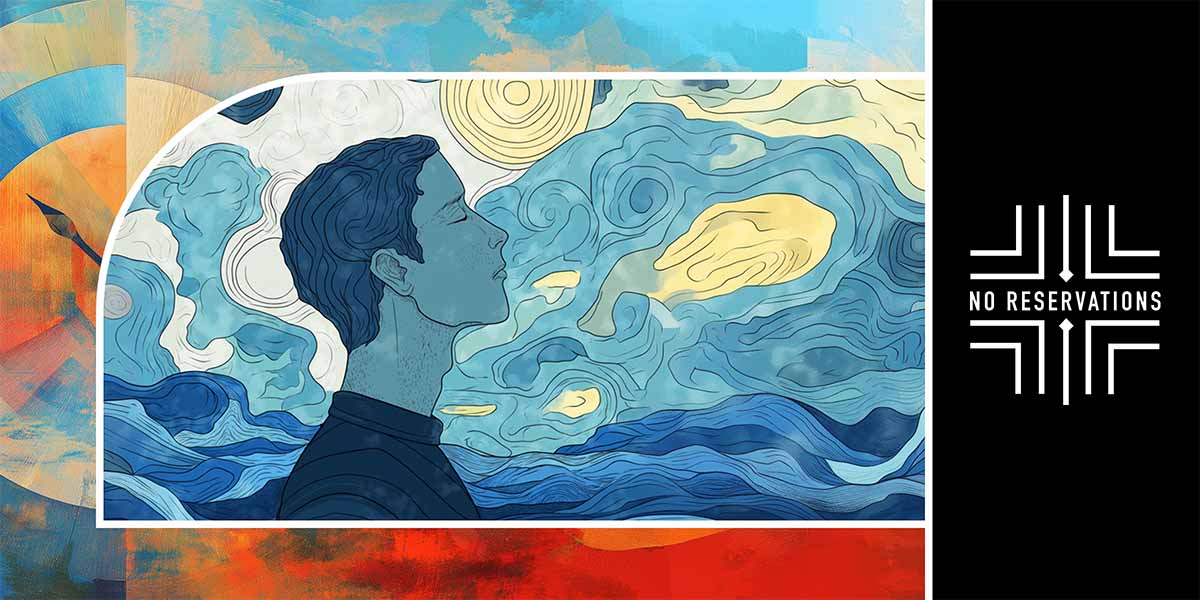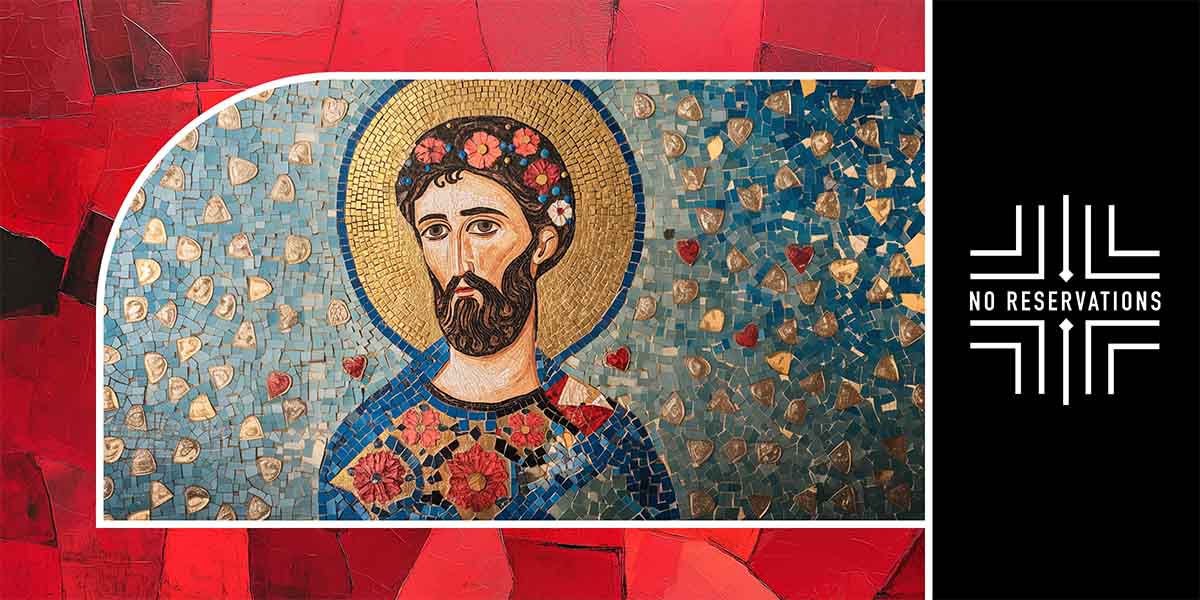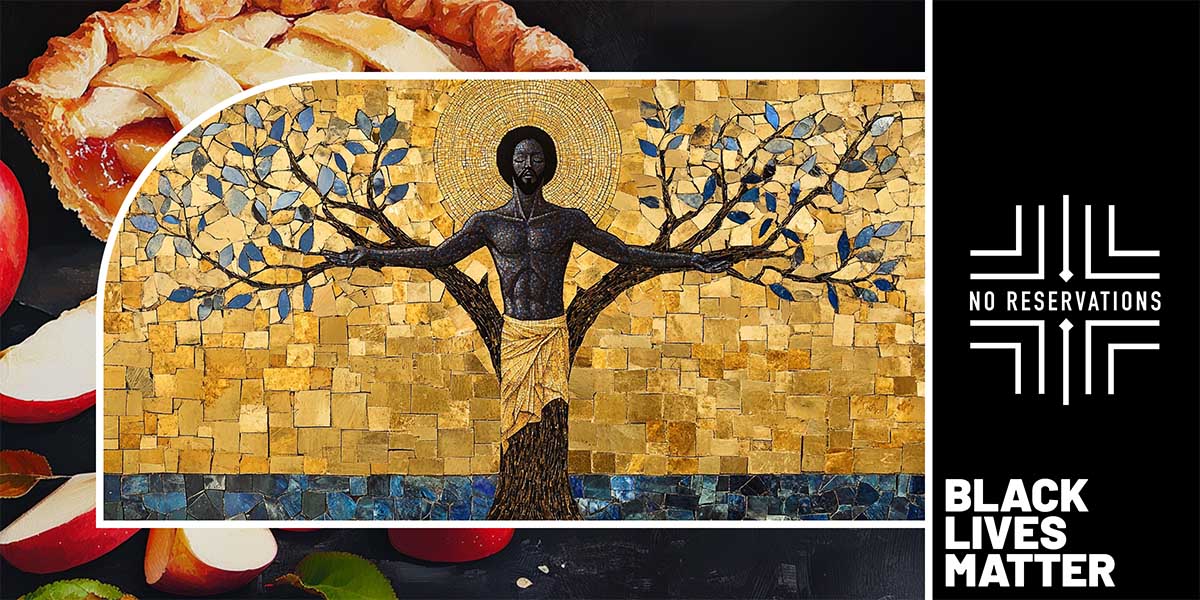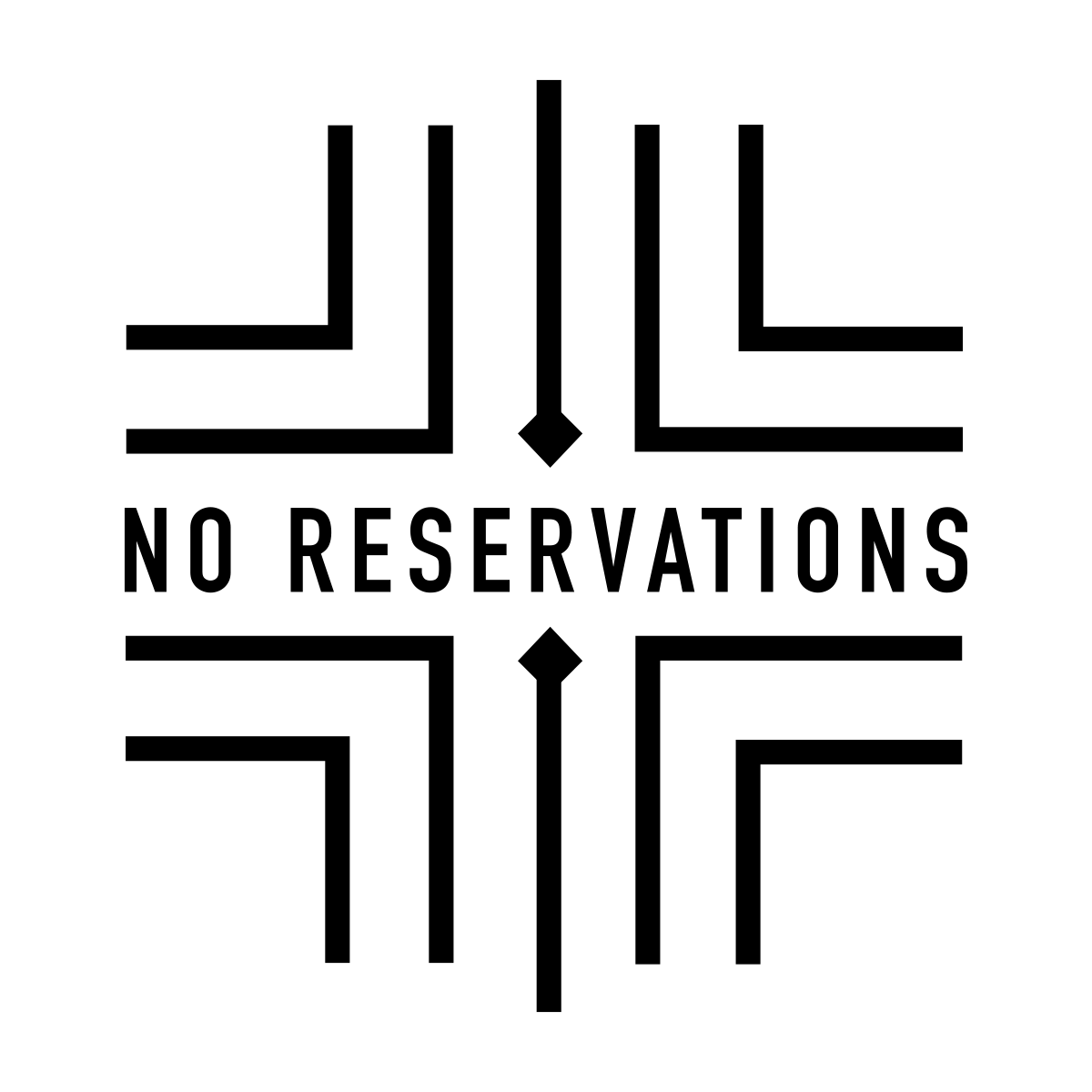Embracing the Rainbow Image of God | Romans 14:1-12 | Collective Version
Find those different from you and welcome them, not to change them but to learn. Remember, people live differently. Embrace authenticity and affirm uniqueness, for we’re all created in the rainbow image of God. Don’t shame differences, for they reflect God’s fullness. Shaming others shames God. Embrace authenticity as long as it operates in love and understanding. That is the Christ’s way.
In community, you’ll encounter diverse worldviews. People have different lives and wounds than you. Don’t compare or pretend to know their path. Listen and make loving connections with the Christ within. They are of God and deserve a seat at Christ’s ever-expanding table. Live for love, surrendering preconceptions for communal freedom. Like Christ died for love, so must we die to our prejudices.
Don’t shame and don’t pretend to know others’ experiences. Just like you wish to be seen, they wish to be embraced with no reservations. Remember Isaiah’s words, “I who created the universe, observe the universe through your eyes.” You’re all made of stardust; embrace each other with love.
“Every one of us is, in the cosmic perspective, precious. If a human disagrees with you, let him live. In a hundred billion galaxies, you will not find another.” ― Carl Sagan, Cosmos
1. When embracing the “rainbow image of God,” how does this visualization prompt you to reconsider your own prejudices and assumptions about others? Can you identify a particular prejudice or assumption you’re willing to ‘die to’ in order to live more fully in the Christ’s way?
2. “Live for love, surrendering preconceptions for communal freedom.” This verse calls for surrender as a path to love and freedom. What are some preconceptions or deeply rooted beliefs that you need to surrender to experience true communal love? How do these preconceptions prevent you from seeing the “Christ within” others?
3. The verse concludes with, “You’re all made of stardust; embrace each other with love.” Stardust implies a cosmic, interconnected origin for all humanity. How does this cosmic perspective challenge you to redefine your understanding of community and ‘the other’? What barriers within yourself do you need to dismantle to truly embrace this universal interconnectedness?





